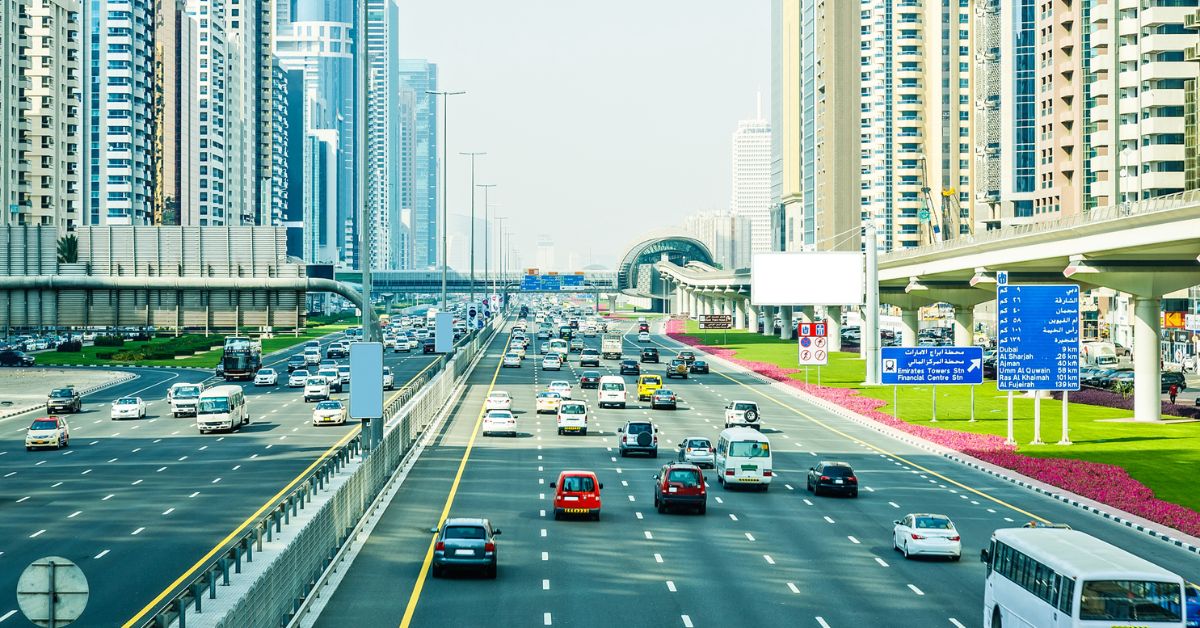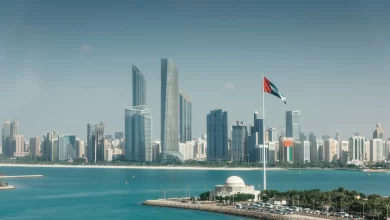Implementing remote work and flexible hours in both government and private sectors in Dubai could reduce morning peak travel time across the city by 30%, according to the latest surveys conducted by the Roads and Transport Authority (RTA) and the Dubai Government Human Resources (DGHR).
The two surveys examined the impact of having four to five remote workdays per month, along with flexible working hours that permit a two-hour start window, on traffic flow.
“For example, if 20% of employees work remotely, traffic on Sheikh Zayed Road could decrease by 9.8% and on Al Khail Road by 8.4%. Additionally, flexible working hours alone could reduce traffic volumes by 5.7% on Sheikh Zayed Road and 5% on Al Khail Road,” a government statement said.
#RTA and Dubai Government Human Resources Department, announced the results of two surveys on remote working and flexible working hours.
The first survey covered 644 companies with over 320,000 employees, while the second surveyed 12,000 employees from the private sector.
H.E.…— RTA (@rta_dubai) November 11, 2024
The first survey included responses from 644 companies, representing over 320,000 employees, while the second surveyed 12,000 employees from the private sector. The results showed that 32% of private firms currently have remote work policies, with 58% expressing a willingness to further expand remote work options. Additionally, 31% of the companies surveyed have implemented flexible work hours, while 66% of those that have not yet adopted the policy indicated that potential expansion is possible.
The findings were discussed during a coordination meeting between Mattar Al Tayer, Commissioner General for the Infrastructure, Urban Planning, and Well-Being Pillar and Director-General and Chairman of the Board of Executive Directors of RTA; and Abdulla Ali bin Zayed Al Falasi, Director-General of the DGHR.
This meeting aligned with the initiative to encourage the private sector to adopt flexible working hours and remote work policies, following the approval of Dubai’s Traffic Flow Plan by His Highness Sheikh Hamdan bin Mohammed bin Al Maktoum, Crown Prince of Dubai, Deputy Prime Minister, Minister of Defence, and Chairman of The Executive Council several months ago.
The Traffic Flow Plan is aimed at balancing business productivity and quality of life by expanding the application of flexible working hours and remote work policies across the emirate.
“RTA relies on a comprehensive and integrated approach to address the mobility and transport demands stemming from Dubai’s urban and economic growth,” Al Tayer said. “Remote work and flexible working hours are among the traffic demand management policies aimed at achieving balance and integration in the transport system by reducing or redistributing demand across time and place while promoting sustainable transport options,” he added.
Al Falasi said: “DGHR is committed to advancing the current remote work system and introducing tools, policies, and programs that ensure employee happiness and well-being. This aligns with Dubai’s vision of becoming the world’s best city for work and life, driven by leadership that prioritizes holistic human development.”
He also mentioned that since the remote work system was adopted in the emirate in 2020, it has become a “core part of the corporate culture in most government entities,” with 80% offering employees the option to work remotely two days a week, while 87% of Dubai government employees felt that flexible working hours aligned with their personal needs, and 89.4% agreed that these hours enhanced their productivity.




